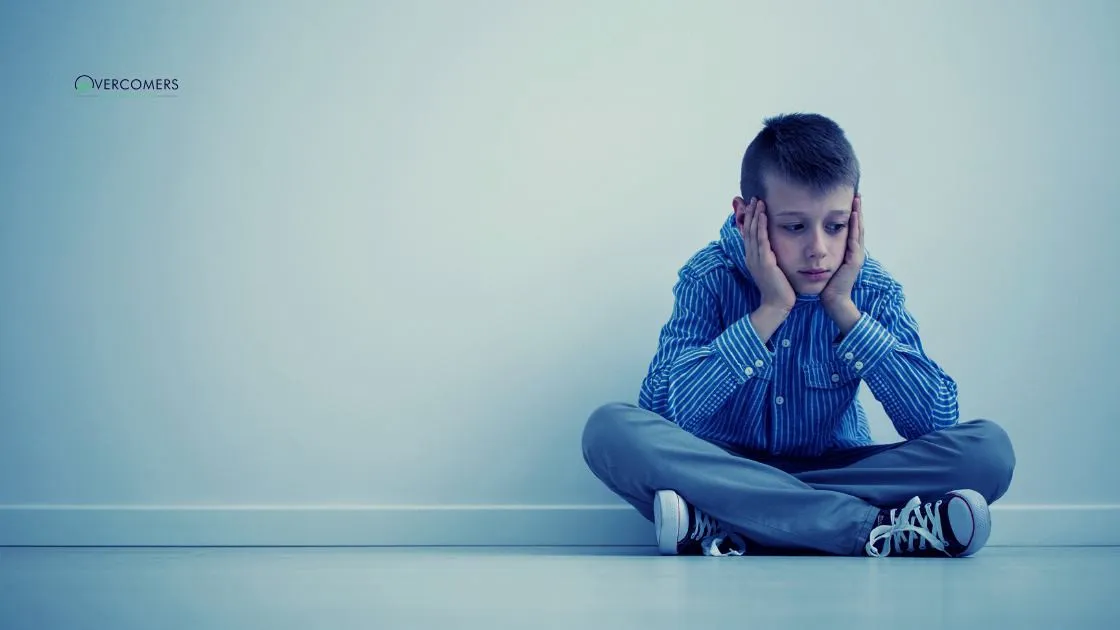Autistic individuals are more prone to having sleep disorders...

Autistic individuals are more prone to having sleep disorders.Sleep disorders affect the social skills of autistic individuals in multiple waysTo know how to provide support for autism, it is essential to consider and address how sleep disorders affect autistic individuals socially.Repetitive behaviors are among the most common traits of autistic individuals.Repetitive behavior like strict adherence routines can be a barrier to forming social bonds and gaining social skills.Being sleep-deprived can exacerbate repetitive behavior from autistic people.Sleep deprivation is connected to a decrease in the mental performance of autistic people.This means that a way sleep disorders affect the social skills of autistic individuals is by reducing their mental performance.The decreased cognitive performance will likely hurt the chances of autistic individuals developing their social skills.Being easily distracted is one of the ways sleep disorders affect the social skills of autistic individuals.A certain aspect of connecting with others requires concentration.Being easily distracted could affect social skills development.Find out how sleep disorders affect the social skills of autistic individuals below:
Social skills are a broad range of behaviors that guide social interactions.They are unspoken rules that most people pick up unconsciously, typically across their years.Due to the implicit nature of autistic people might struggle with social interactions and gaining social skills.Repetitive behavior or stimming are traits of autistic people.Common examples of these repetitive behaviors are hand flapping or repeating certain words or sounds (echolalia).This behavior can also be manifested in adherence to routines.One can infer that too little sleep or poor sleep quality can worsen repetitive behavior in autistic people.Repetitive behavior can be problematic as it can interfere with the autistic individual engaging in other activities.This behavior can be a barrier to social interactions and gaining social skills.Sleep is a pivotal part of the body cycle.Sleep disorders affect the social skills of autistic individuals by increasing repetitive behavior.Repetitive behavior can make it difficult for autistic people to improve their social skills.
Sleep is an essential bodily function that allows the body to recover.There are numerous benefits to quality sleep, such as improved cognitive performance.The reverse also applies; certain challenges are associated with sleep deprivation and disorders.One of the ways sleep disorders affect the social skills of autistic people is by decreasing their mental performance.The cognitive performance of an autistic child can influence social skills such as emotional intelligence.In addition, it is likely to affect the academic performance of an autistic person.Poor grades can directly affect the self-esteem and confidence of an autistic person.Confidence and self-belief are core skills to develop social skills.Some autistic people could even be bullied due to decreased cognitive performance.Most autistic people struggle with poor sleep from sleep-related issues.As a result of sleep deprivation, autistic individuals are prone to reduced mental performance.To maximize mental performance for autistic people with sleep deprivation, it is essential to consider methods to address the source of sleep deprivation.
Autism spectrum disorder affects people in different ways.There is a spectrum with varying changes in traits.A common trait of autism is suffering from sleep issues and sleep disorders.Social skills are generally picked up during childhood.Most children are more likely to meet new people and make friends.However, autistic children will most likely suffer from sleep disorders in their youth.Unfortunately, sleep issues typically exacerbate other traits of autism.For instance, sleep issues might cause autistic children to have more meltdowns and difficulty communicating.Thus, it might cause autistic children suffering from sleep disorders to struggle to make friends due to worsened autism traits.Sleep disorders affect the social skills of autistic people.At a crucial point in childhood development, when other children are developing relationships and making friends, autistic children might struggle to make friends due to sleep disorders.The effects of this will likely be long-lasting effects on the social skills of autistic people.

The ability of a person to concentrate and focus is an essential social skill.Being able to pay attention to things such as conversations, social cues, and people is vital to overall social skills.Autistic individuals that struggle with sleep deprivation in some ways are likely to struggle with their attention and concentration.Although concentration and attention are not typically considered social skills, most social skills require concentration and attention.This means that autistic individuals face a significant barrier to their social skills.The lack of attention could appear to be apathetic from an outside perspective.For instance, if an autistic person meets a new person, the autistic individual might struggle to listen and focus on the new person.The autistic person may get easily distracted.Being easily distracted is one of the ways sleep disorders affect the social skills of autistic people.Unfortunately, being easily distracted and apathetic appear very similar.Thus, it is vital to ensure quality sleep for an autistic person.
Hyperactivity could be described as a state of being extremely active.Hyperactive individuals find it difficult to manage their impulses.Although hyperactivity is not always observed together with autism, there is a prevalence of hyperactivity in autistic individuals.Sleep is an essential body function. When individuals are sleep deprived, the effects are likely to be reflected in other parts of their life.For autistic people, this might mean the traits of autism worsening.Autistic people that are sleep deprived could have increased hyperactivity.This could result in difficulty playing with another child.Sleep disorders affect the social skills of autistic individuals by making these individuals more impulsive.Regulating food intake is an excellent way to control hyperactivity.Getting quality sleep is another important method to manage hyperactivity. Consider setting a consistent bedtime to improve the sleep patterns of an autistic person.
Sleep deprivation can have a significant influence on the social skills of autistic individuals. The method sleep disorders affect the social skills of autistic individuals include increased repetitive behavior, decreased mental performance, fewer friends, increasingly distracted, and increased hyperactivity.
https://livingautism.com/sleep-help-for-those-diagnosed-with-asd/